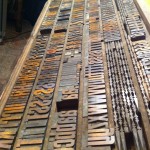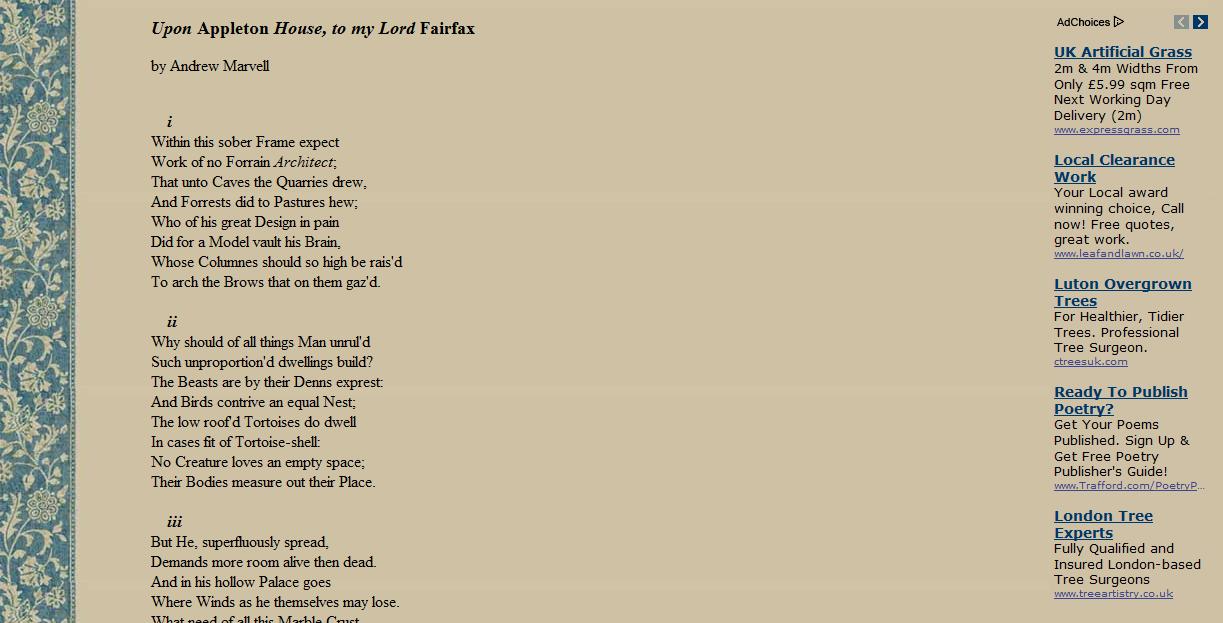Wednesday, March 14th speaker change!
Seminars are held in St. Catharine’s College OCR, 2.00pm – 3.30pm, unless otherwise stated. Tea, coffee and biscuits are served. All welcome!
Michaelmas 2011
Wednesday, October 19th: Graduate session
Austen Saunders, English Department, University of Cambridge
‘John Dixon’s annotations to The Faerie Queene: the 1590s blogosphere?’
and
Harriet Phillips, English Department, University of Cambridge
‘How the ploughman learned, and then forgot, his Pater Noster: figuring the Tudor everyman’
Wednesday, November 2nd
Round-table session: ‘Letter writing and networking in the early modern world’
Wednesday, November 16th
Professor Thomas Mayer, Augustana College (USA)
‘Trying Gallileo’, 2.15 pm, Lightfoot Room, Faculty of Divinity
Wednesday, November 23rd
Dr Paul White, Sidney Sussex College, University of Cambridge
‘Does Poetry Teach Morality? Jodocus Badius Ascensius (1462-1535) and Debates about Humanist Education’ – Ramsden Room, St. Catharine’s College
Wednesday, November 30th: Graduate Session
Hannah August, King’s College London, and Simon Smith, Birkbeck College, London
‘Early modern English commercial drama and the creation of delight’
Lent 2012
Wednesday, February 1st
Hannah Newton, University of Cambridge
‘Cur’d in a different manner: children’s medicine in early modern England, c.1580-1720’ Rushmore Room, St Catharine’s College
Wednesday, February 15th
Richard Serjeantson, University of Cambridge
‘”Published after the old fashion”: Reconstructing a scribal publishing operation in an age of print’ Rushmore Room, St Catharine’s College
Wednesday, March 14th
Joe Moshenska, University of Cambridge
‘Sir Kenelm Digby’s Interruptions: Piracy and Romance in the 1620s’
Ramsden Room, St Catharine’s College, 2-3.30
Easter 2012
Wednesday, May 2nd:
Professor John O’Brien, Royal Holloway, University of London
‘The Disclosure of Truth in Montaigne’
Wednesday May 9th
Will Poole, University of Oxford
(TBC)
Wednesday May 23rd
Meredith Hall, Cambridge
‘Text and Image in Seventeenth-Century Dutch Satire’, Ramsden Room, St Catharine’s College
Wednesday June 6th
Tom Blaen, University of Exeter
(TBC)
For further details, please check the website or contact:
Jennifer Bishop
Cassie Gorman
Jonathan Patterson
Erin Walters
 from John Banville’s review of the 2nd volume of Samuel Beckett’s letters, in the latest New York Review of Books:
from John Banville’s review of the 2nd volume of Samuel Beckett’s letters, in the latest New York Review of Books:

